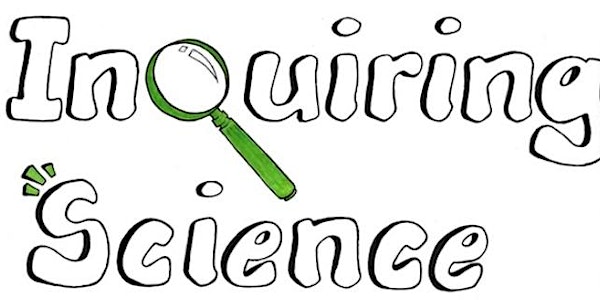
Connecting Education: Fake News, Science Teaching and Critical Literacy
Date and time
Location
Description
- How can young people be supported to engage with online information effectively?
- How can science teaching help children to develop these skills?
- What are the advantages of a discussion-based approach to these issues?
Being able to use the internet as a source of information is a vital skill for young people in today’s world. Yet the issue of fake news and access to large quantities of 24-hour information means that a high percentage of children do not trust the internet and aren’t confident in their abilities to recognise fake and real news [1].
Critical literacy – being able to question, discuss, and evaluate information – is key to being able to use the internet safely and effectively. The Inquiring Science project examined how science education can teach children these skills by discussing philosophy of science questions, which we connected to the Working Scientifically criteria in the primary National Curriculum.
Across three sessions, we’ll look at education in the internet age, report on the Inquiring Science project, and explore teaching and learning strategies to help young people develop the skills they need to confidently engage with online information.
This conference is for anyone who is interested in science teaching or promoting safe, effective use of the internet in the classroom and beyond.
The conference is FREE to attend, and refreshments will be provided.
Contact Laura Kerslake (laura.kerslake@hughes.cam.ac.uk) for more information
Programme
Session 1: Education in the Internet Age
This session looks at some of the issues facing young people in a world where technology plays a huge role in the classroom and beyond. The internet has great potential to support teaching and learning, but the way that young people engage with online material needs to be considered so that they have the confidence to make judgements about what they read or watch.
Session 2: The Inquiring Science project
We will report on the Inquiring Science project as a tool to help young people to develop the skills to critically engage with online material though science discussion. We researched how this impacted on a number of skills, including identifying bias, evaluating sources of information, and telling fact from opinion. We’ll have presentations from the teachers who took part in the sessions and look at the resources used in the sessions.
Session 3: Classroom Strategies for Internet Literacy
This is a workshop session where we’ll look at teaching and learning strategies to help young people use the internet effectively. We’ll share practice and ideas, and look at ways in which approaches such as group discussion and critical literacy can help young people to develop these skills. We’ll also look at how this can be integrated into the busy curriculum and connected to other subjects.
Schedule
13.00 – 13.15: Arrival, Registration and Coffee
13.15 – 14.30: Session 1: Education in the Internet Age
14.30 – 16.00: Session 2: The Inquiring Science Project
16.00 – 16.15: Break
16.15 – 17.45: Session 3: Classroom Strategies for Internet Literacy
17.45 – 18.00: Networking and questions
Organised jointly with the phg foundation, University of Cambridge and CEDiR
